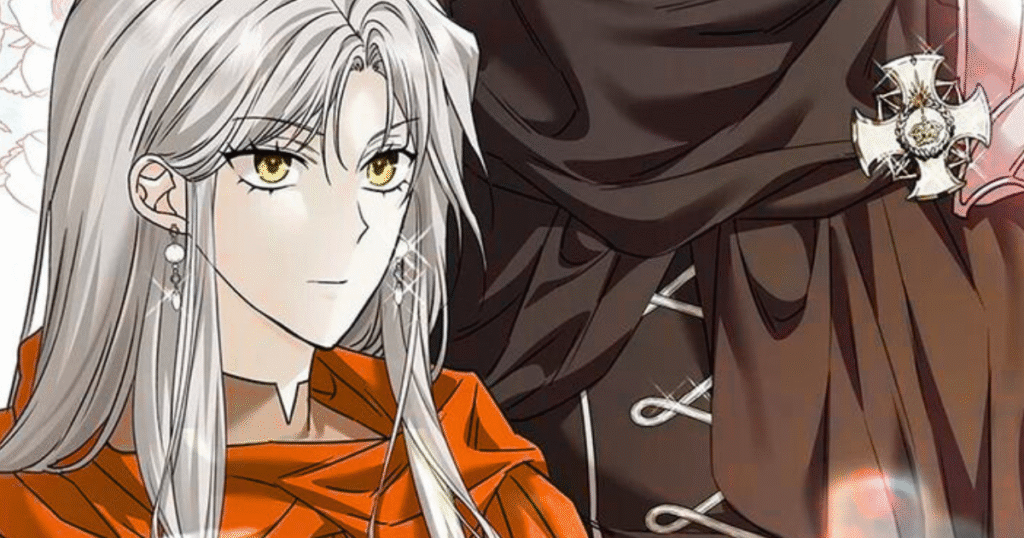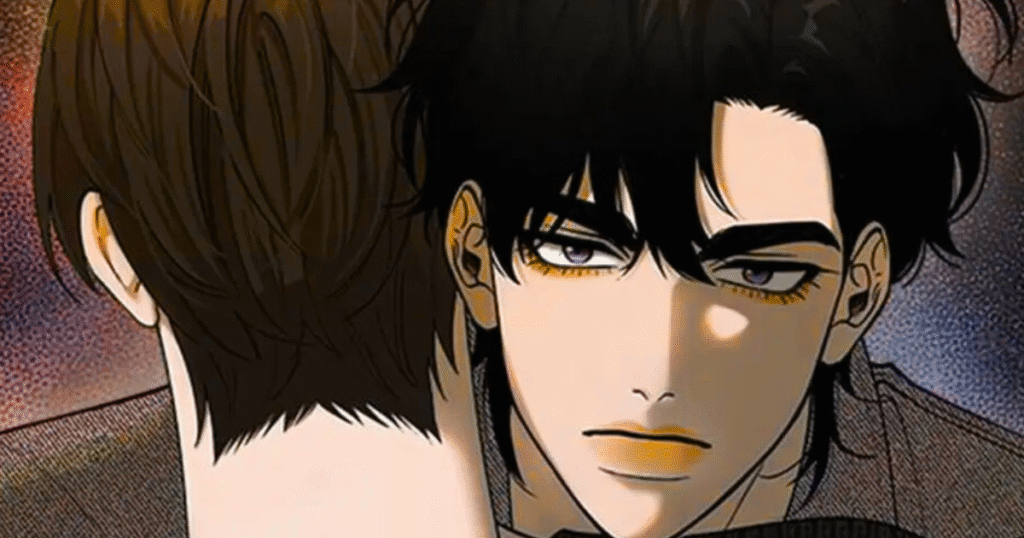If you’re an avid manga reader or part of the vibrant online manga community, you’ve probably heard of Batoto once a beloved platform for manga fans worldwide. But beyond just reading your favorite series, there’s an important conversation about the obligations that come with using platforms like Batoto, especially concerning manga content sharing obligations and legal responsibilities.
In this title, we’ll explore what these manga platform obligations mean for readers, creators, and the community, helping you navigate the complex world of digital manga with confidence.
What Are Manga Platform Obligations?

When we talk about manga platform obligations, we refer to the responsibilities that both the platform itself and its users must uphold to ensure a fair, legal, and enjoyable environment. For a platform like Batoto, these obligations were crucial because they operated as a hub where fans could read, share, and discuss manga. However, this also meant Batoto had to navigate complex issues related to manga licensing and distribution.
One key obligation for platforms is to respect copyright laws and the intellectual property rights of manga creators and publishers. This means ensuring that the manga available on the platform is legally licensed or shared with proper permission. Without this, platforms risk facilitating piracy, which harms creators and the industry as a whole.
On the user side, Batoto user obligations included following the platform’s rules about uploading and sharing content. Users were expected not to post unauthorized scans or pirated manga, respecting the hard work of translators and artists. This is part of a broader set of manga content sharing obligations that help maintain a healthy community and protect creators’ rights.
Platforms like Batoto had to enforce manga content moderation to prevent inappropriate or harmful content from spreading. This moderation helps keep the community safe and welcoming for all fans.
Batoto’s Role in Manga Content Sharing

Batoto played a significant role in the manga community by providing a platform where fans could access a wide variety of manga titles. Its user-driven model allowed fans to upload and share manga scans, making many series accessible to readers worldwide. However, this approach brought up important questions about manga copyright issues and the responsibilities involved in manga content sharing obligations.
One of the biggest challenges Batoto faced was balancing the enthusiasm of fan translations with the need to respect official licensing agreements. While fan translations helped break language barriers and introduced manga to new audiences, they sometimes conflicted with publishers’ rights. This created tension between the desire for accessibility and the necessity of protecting creators’ work.
Because of these complexities, Batoto had to enforce strict manga community rules to ensure that content uploaded by users complied with legal standards. These rules helped clarify what was acceptable, promoting a more ethical approach to sharing manga.
Batoto’s experience highlights the importance of digital manga platform ethics. Platforms must find ways to support fans’ passion while respecting the legal frameworks that protect creators. This balance is essential for sustaining a vibrant and fair manga ecosystem.
Legal Responsibilities and User Agreements

Navigating the world of manga platforms like Batoto means understanding the legal responsibilities that both the platform and its users carry. Batoto, as a digital platform, was required to comply with copyright laws and respect the intellectual property rights of manga creators and publishers. This responsibility is a core part of any manga platform obligation.
For users, this translated into adhering to the platform’s user agreements documents that clearly outline what is allowed and what isn’t. These agreements typically prohibit uploading or sharing pirated content, unauthorized scans, or any material that infringes on copyrights. By following these rules, users help protect the rights of creators and maintain the platform’s legitimacy.
Violating these agreements can lead to content removal, account suspension, or even legal consequences. This framework encourages a respectful and lawful environment for everyone involved.
Moreover, platforms like Batoto had to actively monitor and enforce these rules through manga content moderation. This process ensures that illegal or inappropriate content doesn’t harm the community or the creators.
Understanding these Batoto legal responsibilities is crucial for fans who want to enjoy manga ethically. By respecting the terms of use and copyright laws, readers contribute to a healthier manga ecosystem where creators are fairly supported, and fans can continue to enjoy their favorite stories without guilt or risk.
Why Obligations Matter for Manga Fans

You might wonder why understanding these obligations is important for manga fans like you. The truth is, respecting manga platform obligations goes beyond just following rules it helps support the entire manga industry. When platforms and users honor their responsibilities, creators receive fair recognition and compensation for their hard work.
By adhering to manga licensing and distribution agreements, fans help ensure that official publishers can continue producing and translating manga legally. This, in turn, leads to better quality content and more titles becoming available worldwide.
Following user agreements and respecting copyright also protects fans from potential legal issues. Sharing or downloading unauthorized content can have serious consequences, both for the individual and the community.
Upholding manga content moderation standards keeps online communities safe and welcoming. It fosters respectful discussions and prevents harmful or inappropriate material from spreading.
Navigating Naming Conventions and Cultural Nuances

Another important aspect of manga platforms like Batoto involves understanding manga title naming conventions and respecting manga language and culture. These elements might seem minor, but they play a big role in preserving the authenticity and integrity of the original works.
Properly naming manga titles helps readers find the correct series and prevents confusion, especially when multiple translations or versions exist. It also shows respect for the creators’ original intent and the cultural context behind the story.
Cultural nuances in manga such as honorifics, idioms, and traditions are often deeply tied to the storytelling. Translators and platforms have an obligation to handle these elements thoughtfully, balancing accessibility with accuracy. This is part of the broader manga content sharing obligations that ensure fans receive a genuine experience.
By paying attention to these details, platforms like Batoto helped maintain a high standard for manga presentation. For fans, understanding these cultural and linguistic aspects enriches the reading experience and deepens appreciation for the art form.
Alternatives and the Future of Manga Platforms

Since Batoto’s closure, many manga fans have sought alternative manga reading platforms to continue enjoying their favorite series. When choosing these platforms, it’s important to consider how well they handle manga platform obligations, including licensing, user agreements, and content moderation.
Platforms that prioritize legal access to manga help support creators and publishers, ensuring the industry remains sustainable. They also enforce clear user agreements that protect both the community and intellectual property rights.
As the manga industry evolves, digital platforms are becoming more aware of their legal responsibilities and ethical duties. This shift benefits fans by providing higher-quality translations, better user experiences, and safer communities.
For readers, staying informed about these obligations and choosing platforms that respect them is key. Supporting legitimate services encourages the growth of the manga ecosystem and helps bring more amazing stories to global audiences.
The future of manga platforms depends on a balance between accessibility and responsibility. By understanding and embracing these obligations, fans can enjoy manga with peace of mind, knowing they’re contributing to a fair and thriving community.
Conclusion
Whether you’re a casual reader or a passionate manga community member, understanding a couple of obligations related to Batoto and similar platforms is essential. By respecting manga licensing and distribution rules, adhering to user agreements, and supporting ethical content sharing, we contribute to a healthier, more sustainable manga ecosystem.
Common Questions About A Couple of Obligations Batoto
What kind of obligations did Batoto have toward manga creators and scanlation groups?
Batoto respected scanlation groups by allowing only original scanlators to upload their work, removing unauthorized uploads, and taking down licensed manga to support official publishers.
Was Batoto a legal manga platform?
Batoto operated in a legal gray area by hosting fan-translated manga without official licenses, but it tried to respect copyright by removing titles once officially licensed.
Who was allowed to upload manga on Batoto?
Only approved scanlation groups and original content creators could upload manga, ensuring quality and respecting creators’ rights.
How did Batoto handle copyright and licensing issues?
Batoto removed manga titles when they became officially licensed and worked closely with scanlators to respect their wishes and copyright rules.
Did Batoto support scanlation groups financially or technically?
Batoto helped scanlators by covering hosting costs, providing a platform for uploads, and respecting their rules without compressing scans or watermarking releases.
Why did Batoto shut down despite its popularity?
Batoto faced financial difficulties and legal challenges, which made it hard to maintain the platform despite its strong community and ideals.
What made Batoto different from other manga aggregator sites?
Batoto focused on quality scans, respect for scanlators, community engagement, and ethical content sharing, unlike many sites that hosted stolen or low-quality content.
Are there any safe and legal alternatives to Batoto?
Yes, several platforms today prioritize legal manga distribution and support creators, offering safer and more sustainable manga reading experiences.

